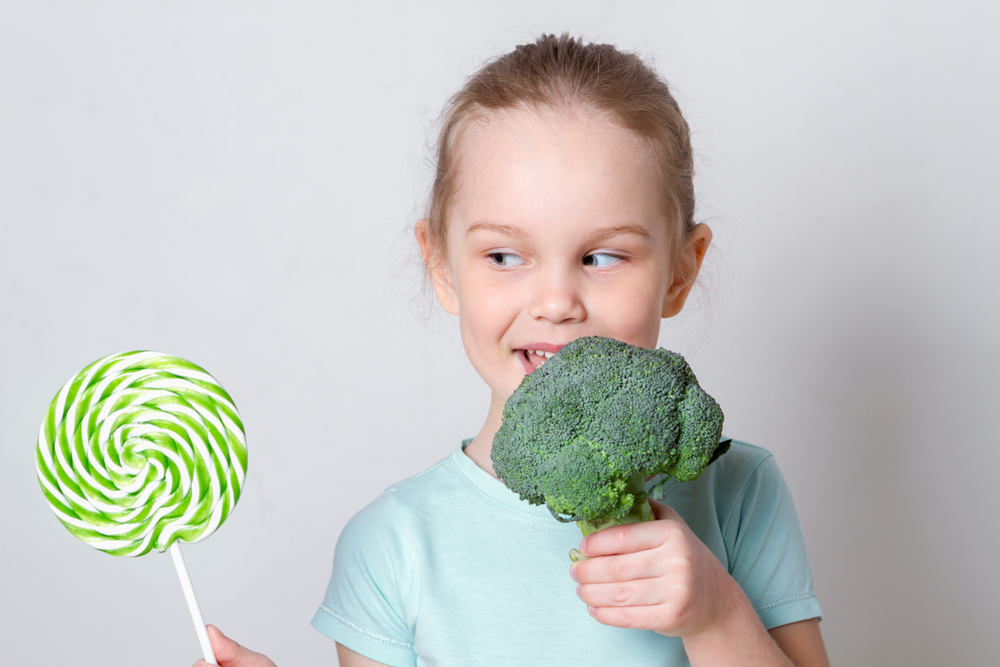Extra Challenge Tracing Letters worksheets activities for Ages 5-7
10 filtered results
-
From - To
Welcome to our Extra Challenge Tracing Letters Worksheets for children aged 5-7! These engaging activities are designed to enhance fine motor skills and boost letter recognition through fun, interactive tracing exercises. Each worksheet features unique letter patterns and fun illustrations to keep young learners motivated. Children will gain confidence as they practice uppercase and lowercase letters while developing their handwriting abilities. Ideal for both classroom and at-home use, these worksheets are perfect for reinforcing learning and providing that extra challenge to aspiring writers. Start your child's journey to successful writing with our thoughtfully crafted tracing activities today!


Letter A Tracing Page


Letter R Tracing Page
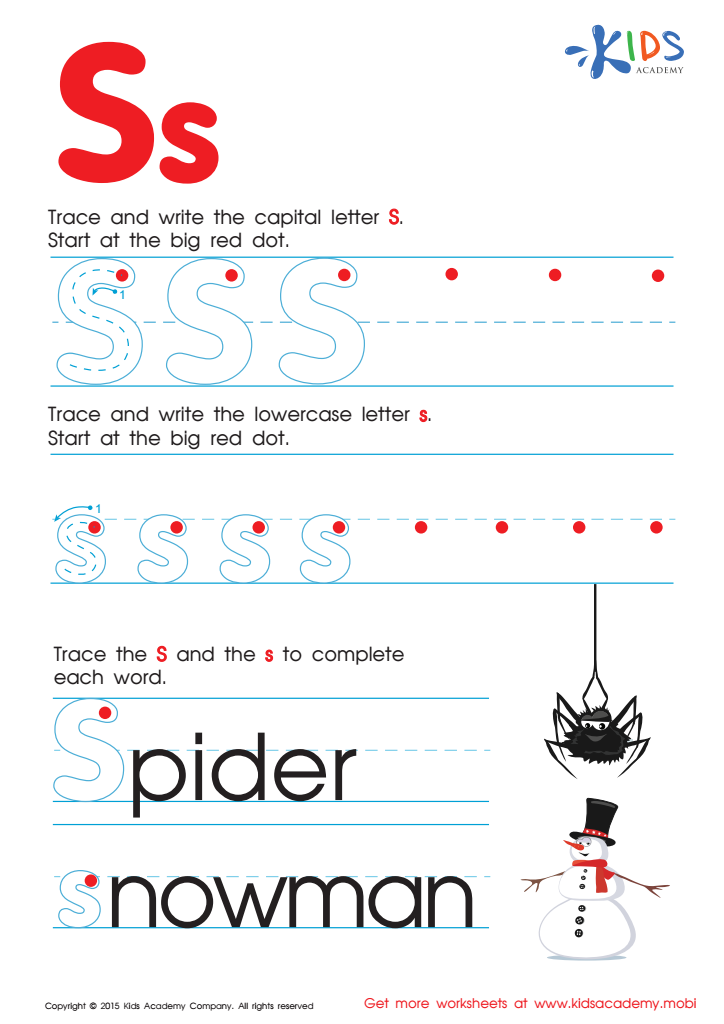

Letter S Tracing Page
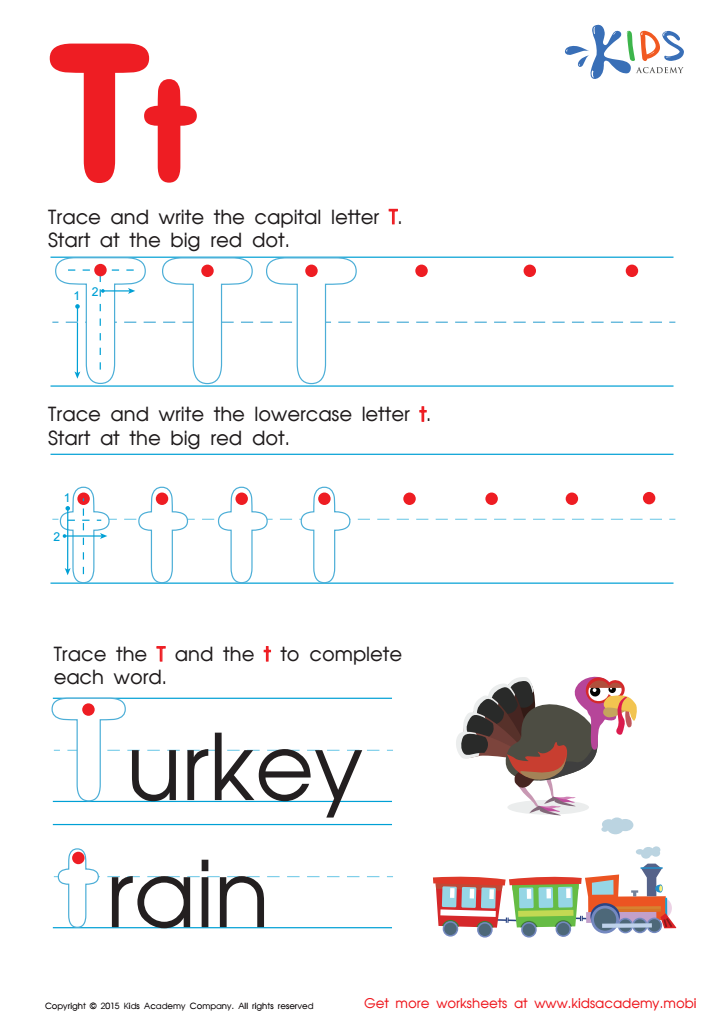

Letter T Tracing Page
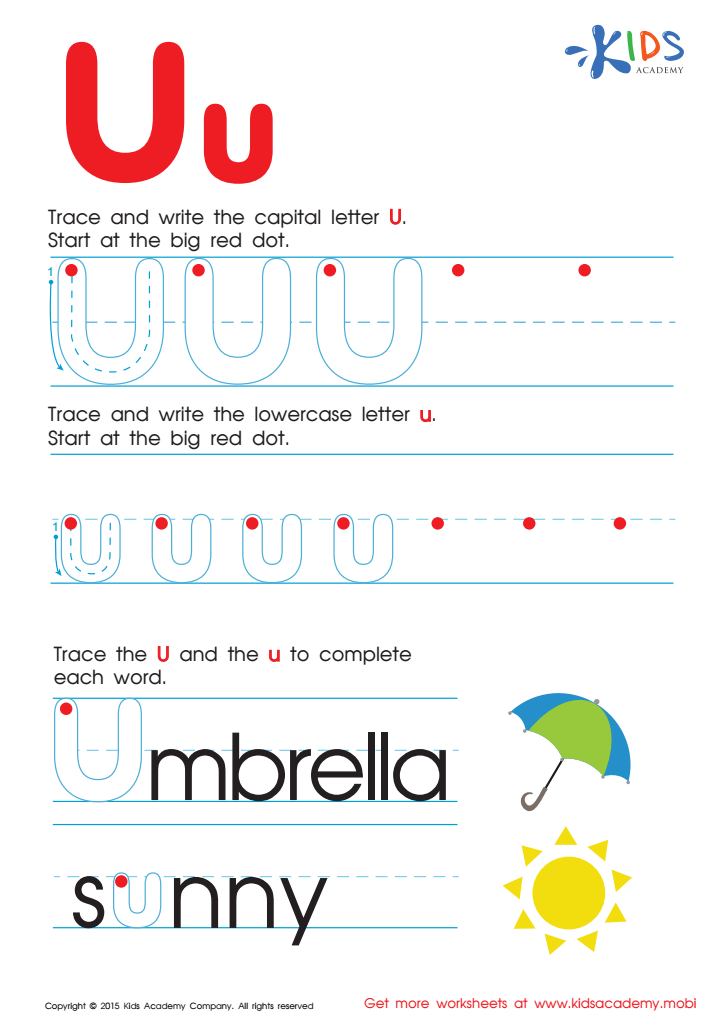

Letter U Tracing Page
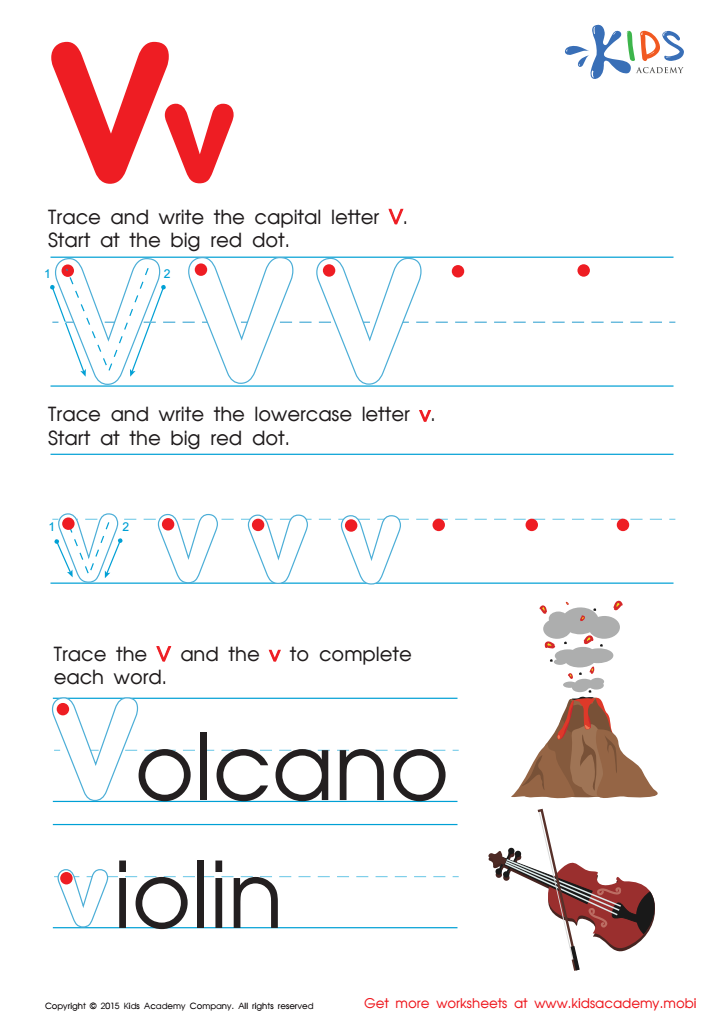

Letter V Tracing Page
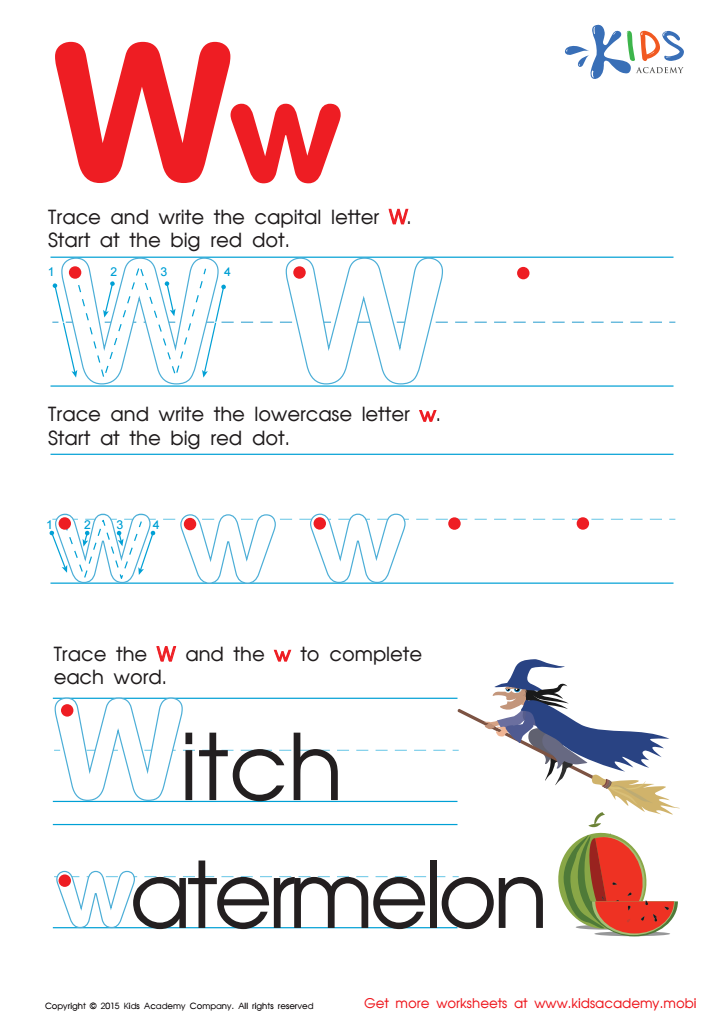

Letter W Tracing Page


Letter X Tracing Page
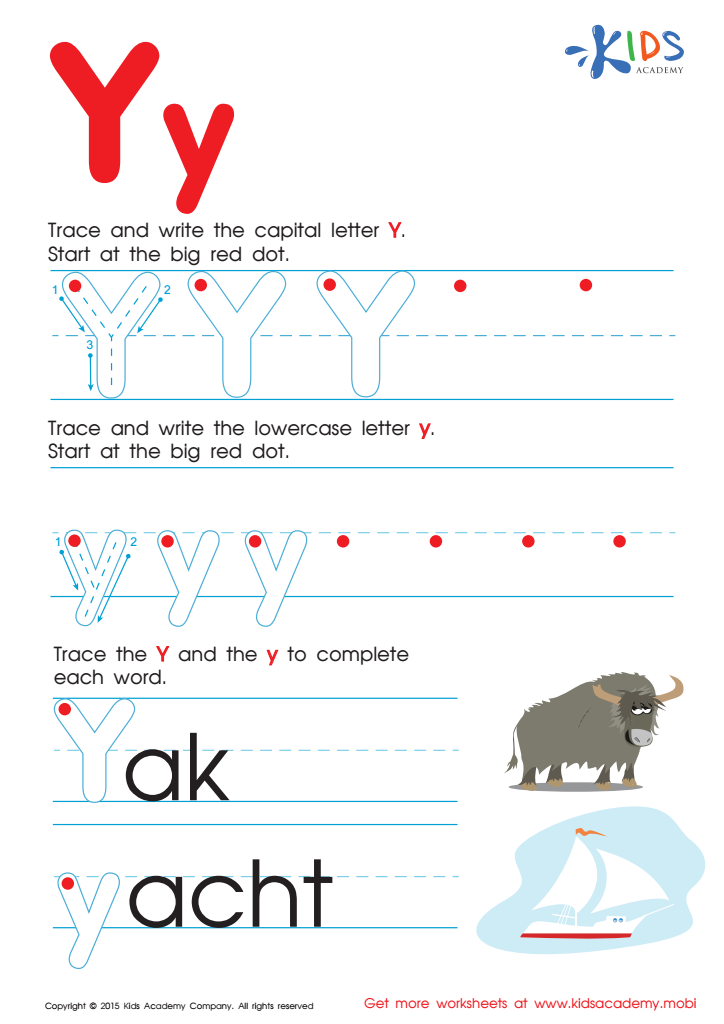

Letter Y Tracing Page
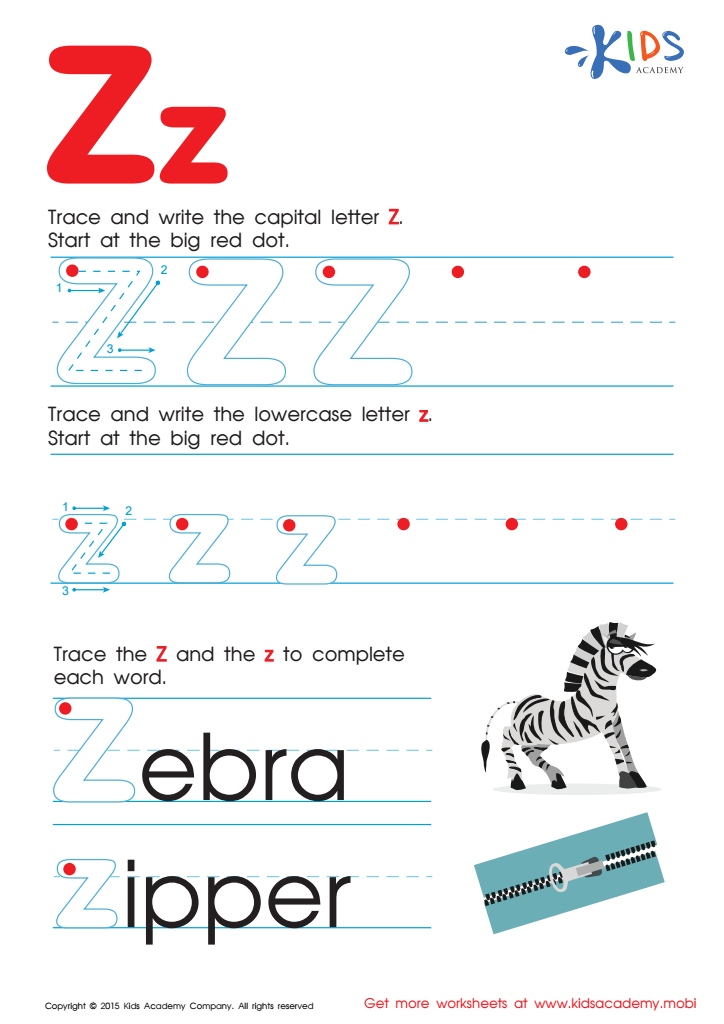

Letter Z Tracing Page
Extra Challenge Tracing Letters activities for children aged 5-7 are crucial for their early literacy development and cognitive growth. These activities not only enhance fine motor skills but also improve hand-eye coordination, which are fundamental for writing and other academic tasks. By tracing letters, children practice letter formation, helping them to create clear, recognizable writing as they progress in their education.
Moreover, tracing letters supports phonemic awareness, as children learn the sounds associated with each letter, fostering their ability to decode words. This skill is essential for reading readiness, encouraging a better comprehension of language as they learn to connect letters with sounds. Additionally, engaging in these activities can ignite a child’s interest in reading by making the process interactive and fun, laying a strong foundation for a lifelong love of literature.
For parents and teachers, participating in Extra Challenge Tracing Letters leads to meaningful engagement with children, reinforcing a supportive learning environment. These activities also serve as a valuable assessment tool; as adults can observe and adapt strategies based on a child's performance, ensuring personalized support in their literacy journey. Ultimately, valuing such activities is investing in children's educational success and overall confidence as learners.
 Assign to My Students
Assign to My Students








